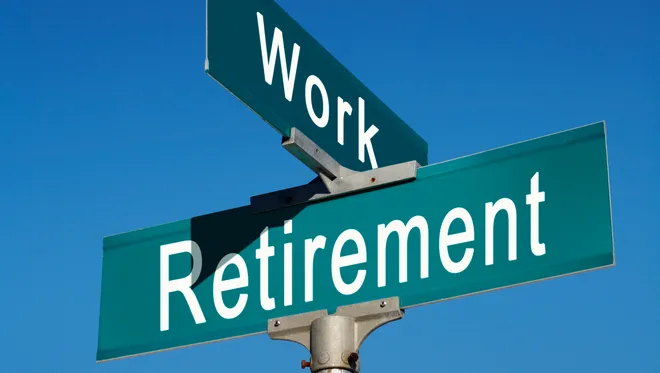Choosing when to retire stands as one of the more significant financial decisions we’ll ever make. Despite meticulous planning, outside forces will inevitably play a role in determining our retirement experience. Take, for instance, two couples: one choosing to retire at the dawn of 1974, while the other opts for one year later, at the start of 1975. Assuming both couples begin their retirement with identical nest eggs and adhere to a maximum sustainable withdrawal rate, the 1975 retirees would enjoy a staggering 40% more income throughout their retirement compared to their 1974 counterparts.
Now, exactly fifty years later, those considering retirement may wonder if fortune will favor them. While nothing regarding the market is ever certain, the current economic tea leaves suggest that the retirees of 2024 are poised for success.
Timing Isn't Everything, But It's Important
Whether we like it or not, the year we choose to retire plays a role in shaping our retirement journey. Market returns, particularly in the initial five years of retirement, wield considerable influence over our retirement income experience. This phenomenon, known as sequence of return risk, was the primary driver for the disparity between the retirement experiences of the 1970s.
Those nearing retirement can probably recall the economy of the 1970s as being plagued by the oil crisis, hyperinflation, and poor market returns. However, amid the economic turmoil, a market surge throughout 1975 transformed the retirements of those who chose to retire that year. This turnaround didn’t mark the end of the economic turmoil but, for retirees the of 1975, it led to a dramatically different sustainable withdrawal rate throughout the rest of their retirement.
This is certainly one of the more extreme examples for the impact of retirement timing. However, it does an excellent job of illustrating just how important the economic cards we’re dealt at the start of retirement are when it comes to our income experience.

Why 2024?
Fast forward to today, and you may recognize a few similarities between the 2020’s and the 1970’s. The first 3 years of this decade were marked by hyperinflation, and volatile market performance. That is until recently (2024), when markets have sustained new all-time highs. So far all of this can be dismissed as circumstantial. However, the track record of markets reaching new all-time highs makes a compelling case that 2024 retirees could avoid a good deal of sequence of return risk, and therefore enjoy more retirement income.
If we look at the years since 1954 in which the stock market reached a “new” high (after not having hit one in the prior year), markets have almost always added to those gains over the next 12 months. The only exception being in 2007. More specifically, there have been 14 historical instances where this current 2024 market scenario has occurred, and 13 of them have led to even higher stock market values one year later. Of those 13 positive scenarios, the market returned an average of 14% over the following 12 months.
This track record translates very positively for 2024 retirement hopefuls. Solid returns in the initial years of retirement simply matter more than the returns experienced later on in retirement. Market outlook shouldn’t solely dictate our retirement timing, but it’s certainly a vital consideration. While there’s no escaping sequence of returns risk all together, historical market patterns appear to be smiling upon those with a 2024 retirement date circled.


